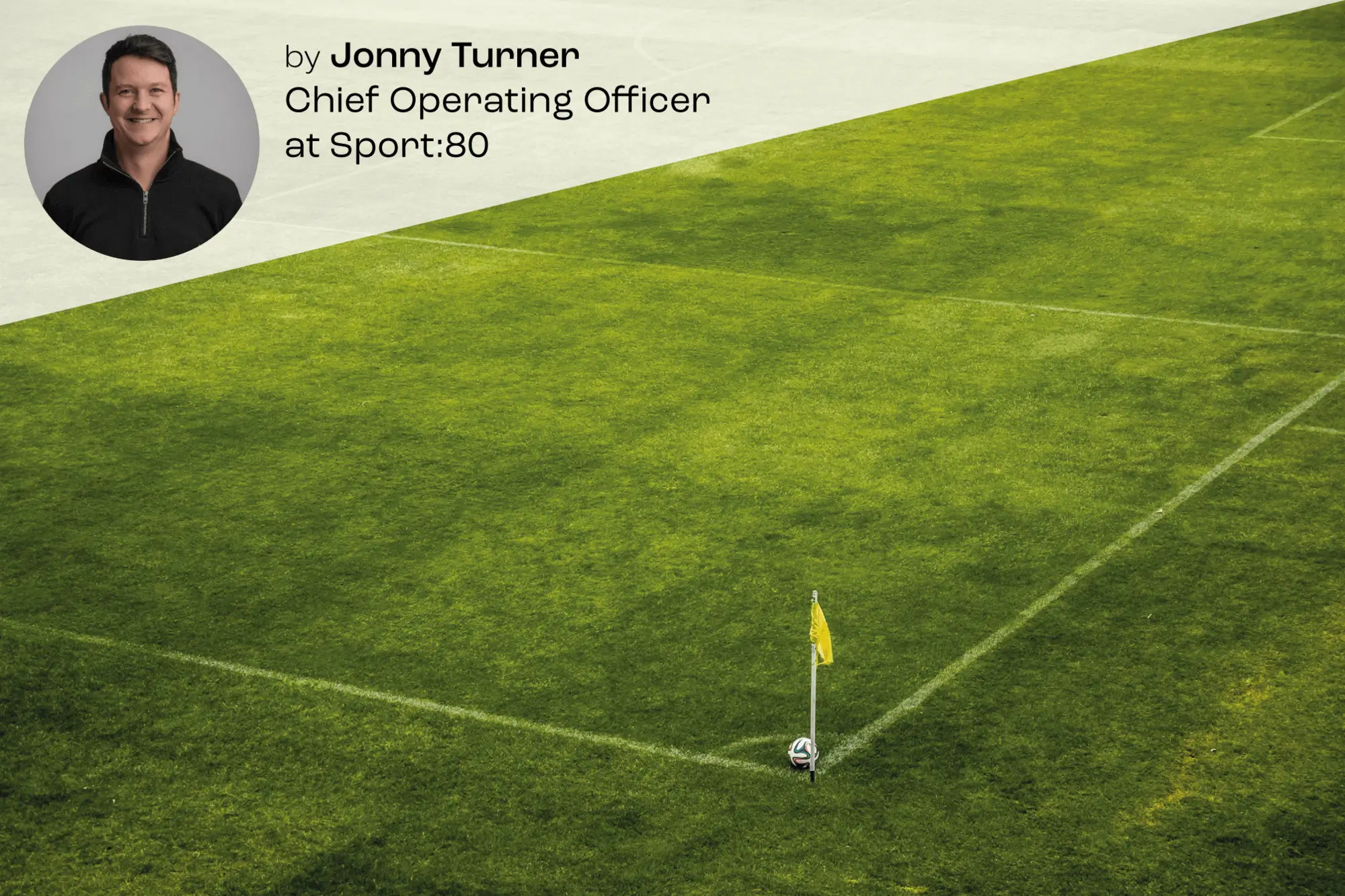Our COO, Jonny Turner, analyzes the data revolution, and discusses how NGBs can tap into the enormous potential of their membership data with the Sport:80 data dashboards.
Over the course of the last decade, the use and power of data has skyrocketed in the world of sport.
We've seen countless examples of athletes, clubs, organizations, medical professionals, and more, using the power of data to improve performance, streamline processes, and seek out the marginal gains that can often make a career-defining difference.
With the FIFA World Cup kicking off at the end of the week, there is perhaps no greater reflection of the rise of data in sport than Qatar 2022.
The upcoming tournament will be the first FIFA men's World Cup to use semi-automated offside technology, including cameras, ball sensors, and 3D animations. A step that represents a revolutionary use of tracking data in football.
It’s nothing new to see major international football tournaments being used as opportunities to trial new innovative technologies either. Frank Lampard’s ‘ghost goal’ at South Africa 2010 acted as the key jumping-off point to the use of goal-line technology, and Russia 2018 was the first competition to use a Video Assistant Referee (VAR) in full, so it’s no surprise to see the upcoming World Cup used as a bit of a trial run at introducing further automations into the game.
The tech at the World Cup will use 12 dedicated cameras in the stadium to track the ball, and 29 data points of each individual player, 50 times per second, to make semi-automated offside decisions.
Additionally, the official match ball has sensor inside of it, sending ball data to the video operation room 500 times per second.
After the decision has been confirmed by the video match officials and the on-field referee, the same data points generate a 3D animation replicating the incident, which is then shown on screens in the stadium and made available to FIFA's broadcast partners.
As recently as a decade ago this sort of innovation would have been unthinkable to most football fans, but the fact we have reached this point in such a short space of time is reflective of how quickly sport has evolved, and this isn’t limited to just football either.
Just look at how Formula One accelerated its cloud transformation using Amazon Web Service’s machine learning and data analytics resources, or how the world of Baseball was rocked by Billy Beane’s sabermetric approach to assembling his Oaklands Athletics team.
The data revolution is certainly sweeping through the sporting world, but it isn’t all about performance data. It may not receive as much attention, but the value of membership and participation data, particularly to National Governing Bodies of Sport (NGBs), is massive, and too many are leaving its potential untapped.
Data holds such significance for NGBs. The insights gathered from having strong data collection and analytics capabilities can provide a great platform to give a serious boost to engagement, participation, and perhaps most importantly, revenue.
The pressure on NGBs to become more sustainable is ever-increasing, and the data they collect can act as such a valuable tool for achieving that goal, but so many are unable to effectively leverage this golden opportunity.
As an example, an NGB’s membership data can be enriched with or presented alongside other data sources (information from the Office of National Statistics, indices of deprivation, etc), which can be used to identify new opportunities for growth. Furthermore, the data can then demonstrate the growth of a sport to governments, public bodies, or funding organizations.
That’s why we introduced the Sport:80 Data Vizualisation Dashboards into our product suite.
The NGBs that we work with who adopt the data dashboards solution get access to real-time, easily digestible insights concerning revenue, membership, officials, events, compliance, and more, allowing them to more efficiently plan ahead, saving time, creating consistency and enabling intelligence based decision making.
In our mission to design, deliver and support innovative technologies that enable the growth of sport, we are always looking for ways to support sustainability and growth across our community, and we believe that assisting our partners to maximize the potential of their data is an important step.
The significance of data in the modern sporting world is quite clear, but it’s not all about flashy football sensors or tracking cameras, and we’re incredibly proud to be supporting our community in joining the data revolution in innovative and groundbreaking ways.
To learn more about what we do here at Sport:80, or to enquire about how we can help you, click here to get in touch!
